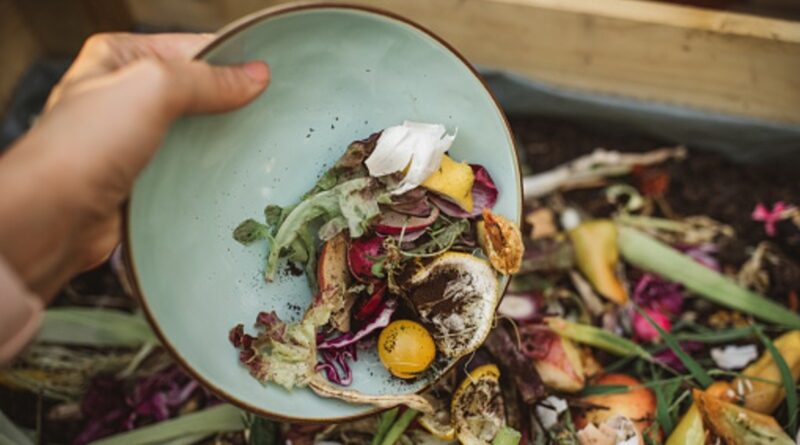Supply and demand: Ajinomoto and Meiji among Japanese brands to focus on inventory management to cut food waste
The Food Loss Reduction Declaration is led by the local Consumer Affairs Association (CAA) in Japan. As of November last year, CAA had secured commitments from over 100 local businesses to reduce food loss and food waste in their operations.
CAA has disclosed the latest full list of these businesses, amongst which were some of the most well-recognised food and beverage brands in the country.
One of these was dairy giant Meiji, which has opted to utilise new expiration date labelling and inventory management to achieve this.
“[Meiji commits to] reduce the amount of wastage in our domestic food business by more than 50% (compared to FY2016) by FY2025,” Meiji President and CEO Kazuo Kawamura declared to CAA via a formal statement.
“[This will be achieved by first] improving the accuracy of our product supply and demand, thus reducing our inventory of [excess or] defective products.
“We have also switched the best-before date display labels on our products to the ‘Year/Month’ format, which [we believe will be effective] to reduce food loss throughout the supply chain; and have also improved the expiration dates [system] to reduce food waste from expired food [that has an expired date but is still in good condition].”
Another major food brand going down this route is amino acid specialist firm Ajinomoto, which also committed to reduce food loss in its operations by 50%.
“Our main value chain initiatives will be to improve production efficiency and strengthen our demand forecasting, as well as [work with the government on] displaying the new best-before dates,” Ajinomoto President Taro Fujie stated.
“Ajinomoto also plans to work closely with consumers in terms of providing them with recipes and information to use food products more efficiently in order to reduce wastage, and will be collaborating with partners throughout the supply chain to ensure the efficiency at every stage is maximised.”
Mitsubishi Foods also highlighted plans to maximise efficiencies and detailed the potential role of artificial intelligence technology across its supply chains.
“Mitsubishi Foods plans to reduce food waste generation by 50% by 2030, [and] the most important aspect here is to ensure that efficiency is maximised,” Mitubishi Foods President Yutaka Kyotani said.
“As such, we plan to use AI technology to improve the accuracy of all our prediction and ingredient ordering functions, so as to maintain the best possible balance in our inventory management.
“In addition, we are also working with business partners to enhance supply chain management so as to reduce product returns, but in the case [of such products] we will be more actively donating these to food banks and other charities via the government and other organisations.”
CAA continues to recruit more food and beverage firms in Japan to participate in the Food Loss Reduction Declaration – more information can be found here [link in Japanese].
Retail also playing a big role
In addition to food and beverage firms, retail outlets in Japan also play a major role when it comes to reducing, especially given the popularity of ready-to-eat or ready-cooked meals.
Many of these products have shorter expiration dates than pre-packaged items made and hermetically sealed by food manufacturers, and as such tend to result in more food waste.
As a result, CAA has also recruited several of these stores to be part of this initiative, including convenience store giant FamilyMart – which sees the recycling of unconsumed food as a major way to reduce food wastage in its value chain.
“Our vision is to cut food waste by 50% in 2030 and 80% by 2050, so we plan to not only reduce the generation of such food waste but also to reuse and recycle according,” FamilyMart stated as part of its Eco Vision 2050, which was submitted to CAA as part of the declaration.
“FamilyMart generates some 60,000 tons of food waste nationwide and has recognised food loss as a key issue.
“We are working to reuse food waste from our stores – generally coming from unsold lunch boxes, rice balls, side dishes and so on – as a new resource by recycling this into animal feed, fertiliser, methane and more.
“We have already started working on a Food Recycling Loop which sees food waste from some of our stores collected and transported to pig farms with feed factories, then manufacturing and selling bento boxes and side dishes using pork from pigs raised using this feed. This loop has been expanded nationwide.”

